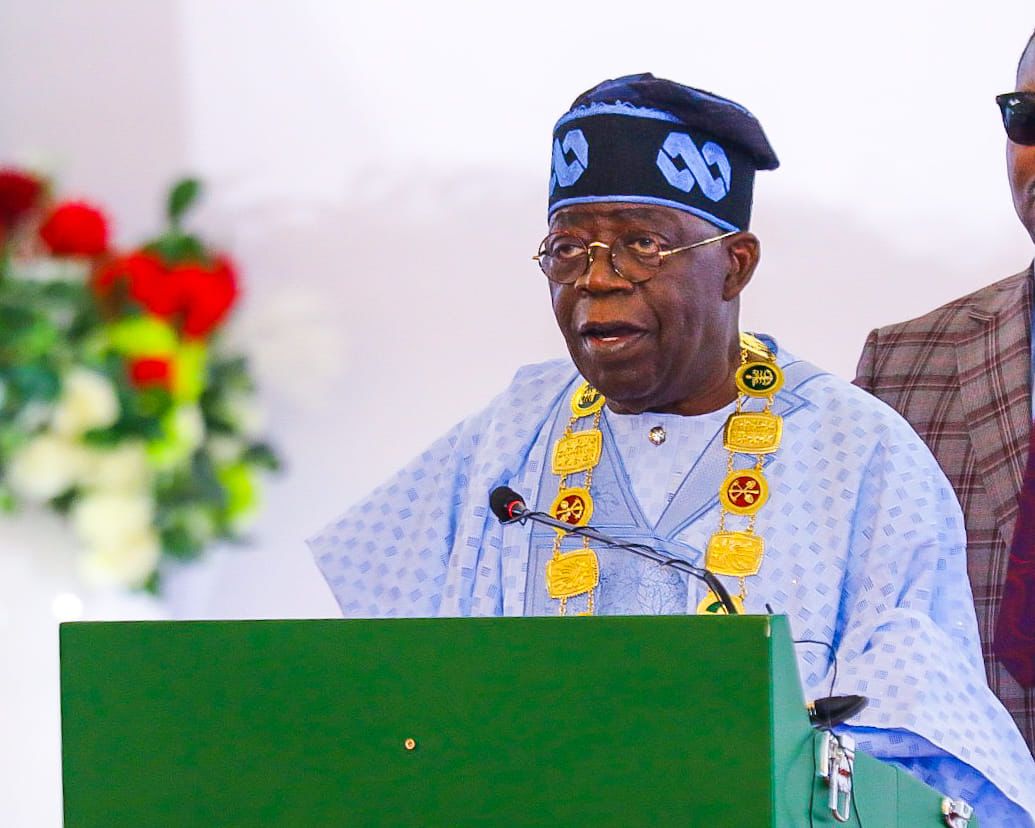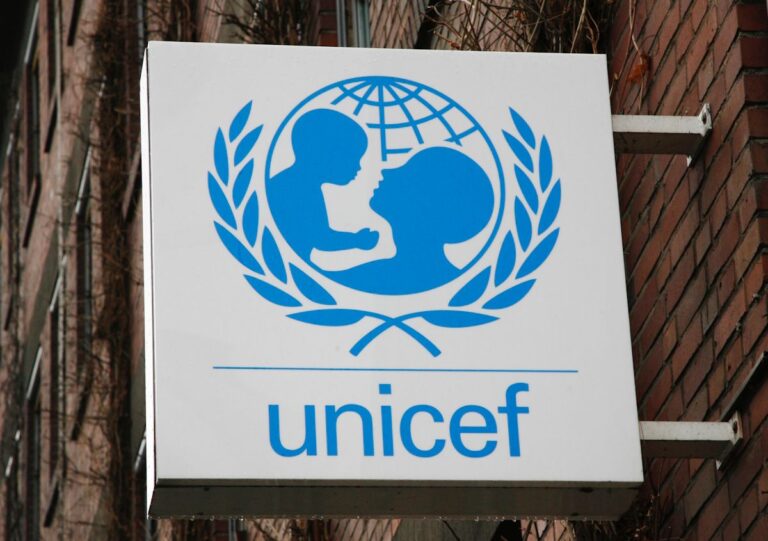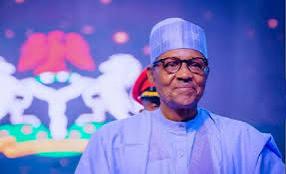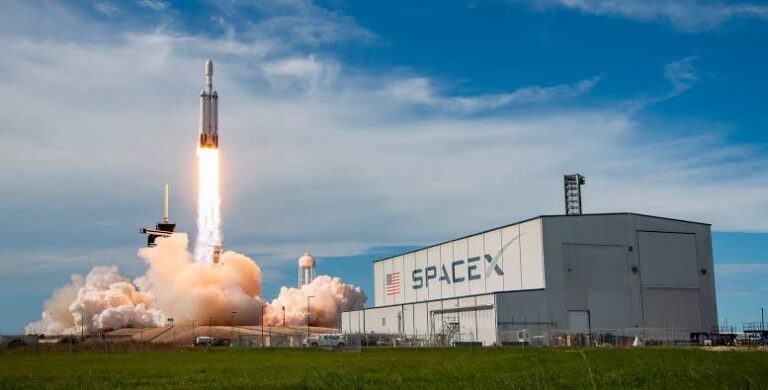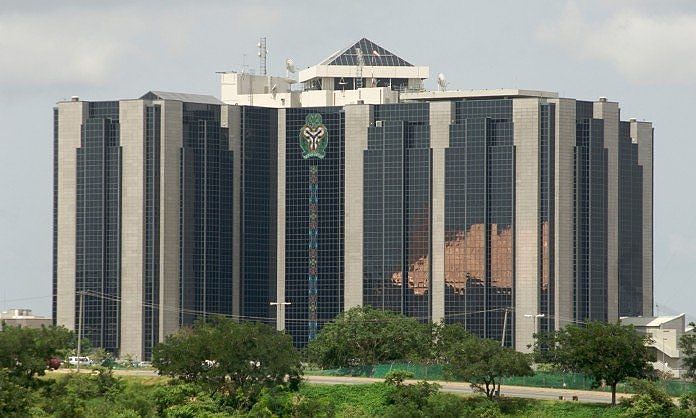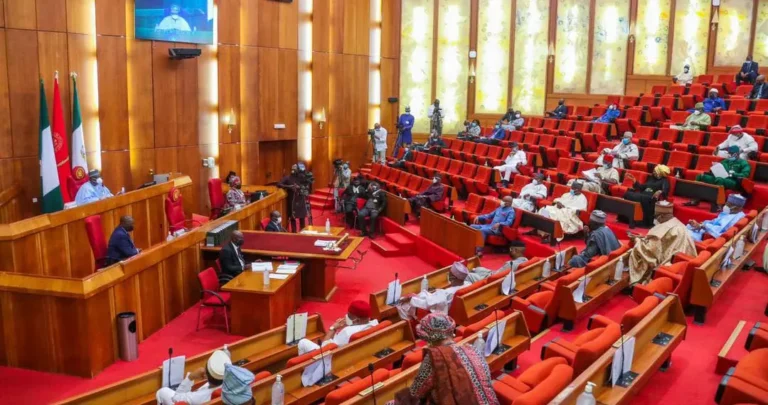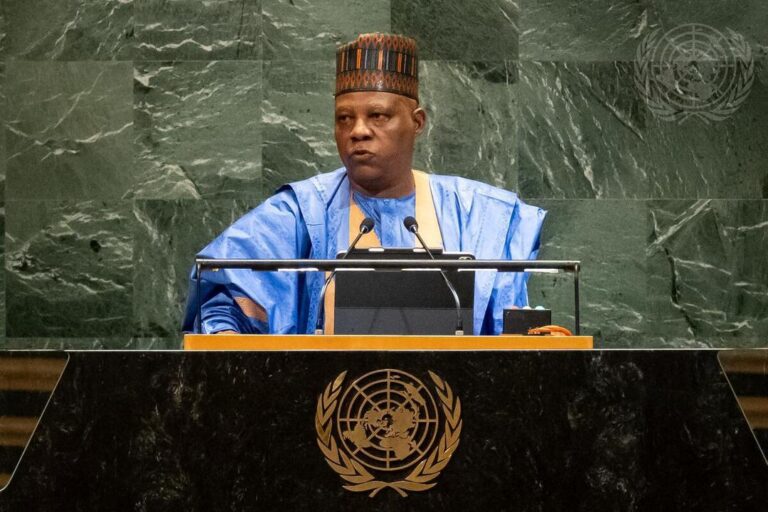President Bola Ahmed Tinubu has approved the immediate implementation of a 15% ad-valorem import duty on imported petrol (Premium Motor Spirit – PMS) and diesel (Automotive Gas Oil – AGO). The directive, conveyed in a letter dated October 21, 2025, is a landmark move intended to reinforce domestic energy security and protect Nigeria’s emerging local refining industry.
In a proposal submitted to the President, the Federal Inland Revenue Service (FIRS) argued that duty-free imported petroleum products were undercutting domestic refiners, including the recently operational Dangote Refinery and modular refineries, which face higher operational costs.
By making imported fuel more expensive, the government creates a competitive advantage for locally refined products, ensuring a fair and level playing field for both importers and domestic producers..
The core objective of this initiative is to operationalise crude transactions in local currency, strengthen local refining capacity, and ensure a stable, affordable supply of petroleum products across Nigeria.”
While the policy is corrective in nature, the immediate and most tangible effect for Nigerians will be a projected increase in pump prices. .
Government projections contained within the approval note estimate that the new tariff will add approximately ₦99.72 per litre to the landing cost of imported petrol.

This increment is expected to push the estimated average retail pump price in Lagos into the range of ₦964.72 per litre, up from the current ₦860 price band.
The government, however, emphasized that even with this adjustment, Nigeria’s pump prices would remain significantly below regional averages in West Africa.
President Tinubu reportedly directed the tariff to take effect immediately, overruling an initial proposal from the FIRS for a 30-day transition window to allow importers to adjust cargoes already in transit.
The Federal Inland Revenue Service (FIRS) and the Nigerian Midstream and Downstream Petroleum Regulatory Authority (NMDPRA) have been directed to enforce the new tariff without delay, setting the stage for a period of adjustment for marketers and consumers alike.




